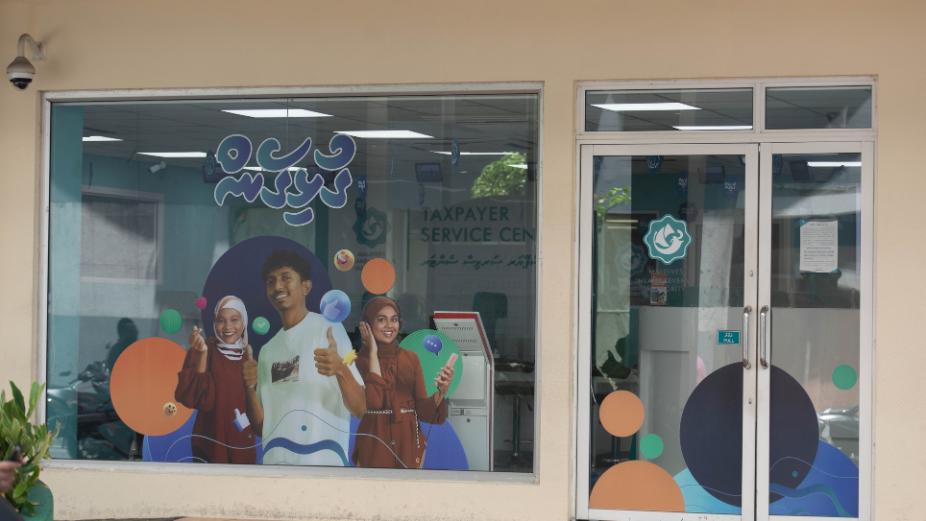
The Maldives Inland Revenue Authority (MIRA) has gazetted new regulations to clarify reporting requirements for tax concessions linked to Special Economic Zones (SEZs).
Effective as of yesterday, the regulations outline the financial and operational details SEZ developers and investors are obligated to submit after entering investment agreements under the Special Economic Zone Act of 2014. These submissions enable MIRA to assess the economic scale of SEZ activities and determine the tax expenditure associated with benefits offered under the Act.
The guidelines require investors and developers to prepare and maintain comprehensive documentation in line with international accounting standards sanctioned by the Commissioner General. This includes submitting a Special Economic Zone statement, an income and expenditure statement, a balance sheet, and a statement of receipts and expenditures.
Additional requirements include a statement of changes in share capital, notes to financial statements, and reports from directors and auditors. Developers and Investors must provide this information annually, with a submission deadline of 30 June for the previous calendar year.
Additionally, the Board of Investments’ Zonal Superintendent for each SEZ must submit quarterly reports to MIRA. These reports, which detail authorised developers and investors within the zones and note any permit revocations, are due by the 15th of the month following each quarter’s end.
These regulatory updates follow the Maldivian government’s recent agreement with Dubai’s International Free Zone Authority (IFZA), signed in May, to develop SEZs in K. Funadhoo near Malé and Ihavandhippolhu in the north.
Introduced a decade ago as part of former President Abdulla Yameen’s economic diversification strategy, the SEZ Act was intended to draw foreign investment and boost state revenue through tax concessions and acquisition fees. However, the plan struggled to attract substantial investments and revenue as initially anticipated.












